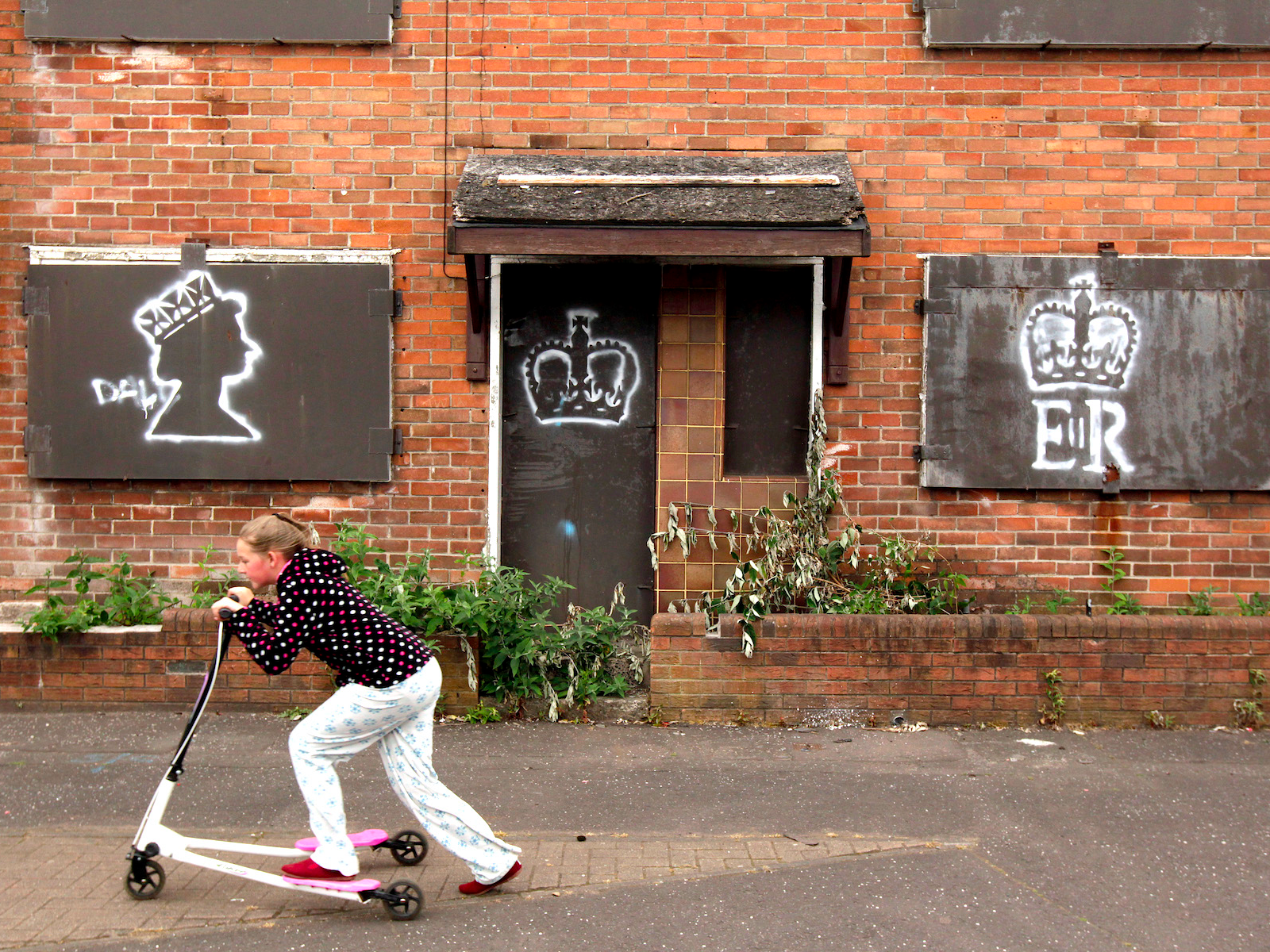Wages are not rising fast enough to keep up with the cost of living, according to the data crunched by payday lender Money Shop.
This data show the percentage growth across essential household items such as bread, eggs, and petrol compared to the rate of wage growth over the last 20 years.
The average wage in Britain has only grown from £16,500 in 1997, to £28,000 in 2017. This does not look too bad when you look at the percentage growth of 70% over this period.
However, when you compare it to the price rises in everything from house prices, fuel bills, the cost of groceries, it shows that the average person is not earning enough at a fast enough pace to keep up with ever-rising inflation.
Here are the key items that show price rises are way above the rate of wage increases:
- Loaf of white bread - 1997: 52p, 2017: £1. Growth: 92%. 6 large eggs - 1997: 80p, 2017: £1.50. Growth: 88%. A pint of beer - 1997: £1.75, 2017: £3.50. Growth: 100%. Average house price - 1997: £78,000, 2017: £222,484. Growth: 185%. Average council tax bill - 1997: £688, 2017: £1,484. Growth: 116%. Car insurance - 1997: £340, 2017: £767. Growth: 126%. Litre of unleaded petrol - 1997: 57p, 2017: £1.20. Growth: 111%. First class stamp - 1997: 26p, 2017: 65p. Growth: 150%.

